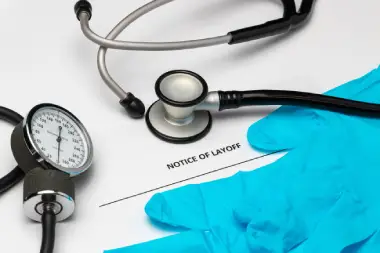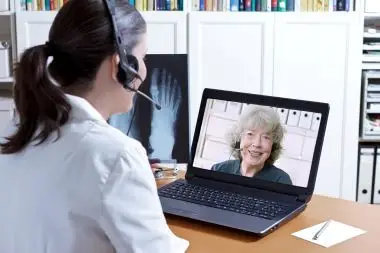MedExpress is the latest healthcare company to announce downsizing designed to trim operating expenses. WSAZ News in Huntington/Charleston, WV reported the company is laying off all registered nurses at 150 locations as early as September 7, in concert with even more widespread layoffs in the UnitedHealth Group/Optum universe. It’s a move not likely to be adopted by other urgent care operations, which for the most part do not count RNs among their clinical teams to …
Read More









